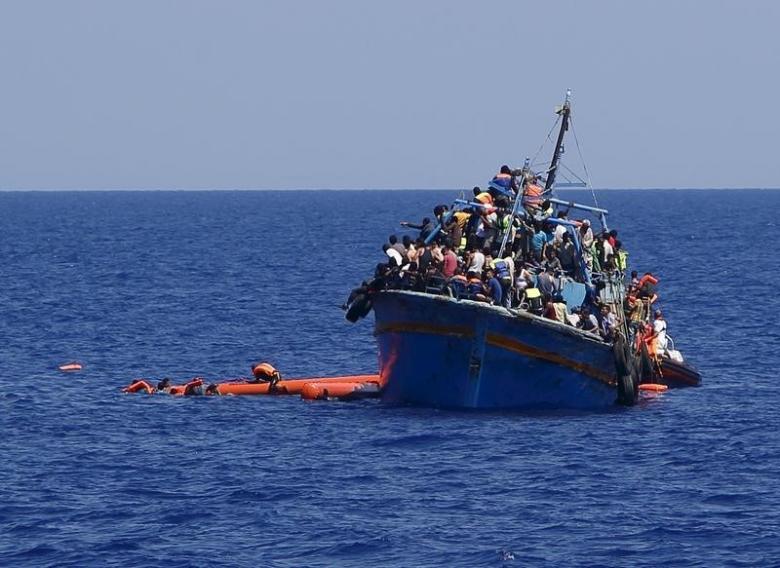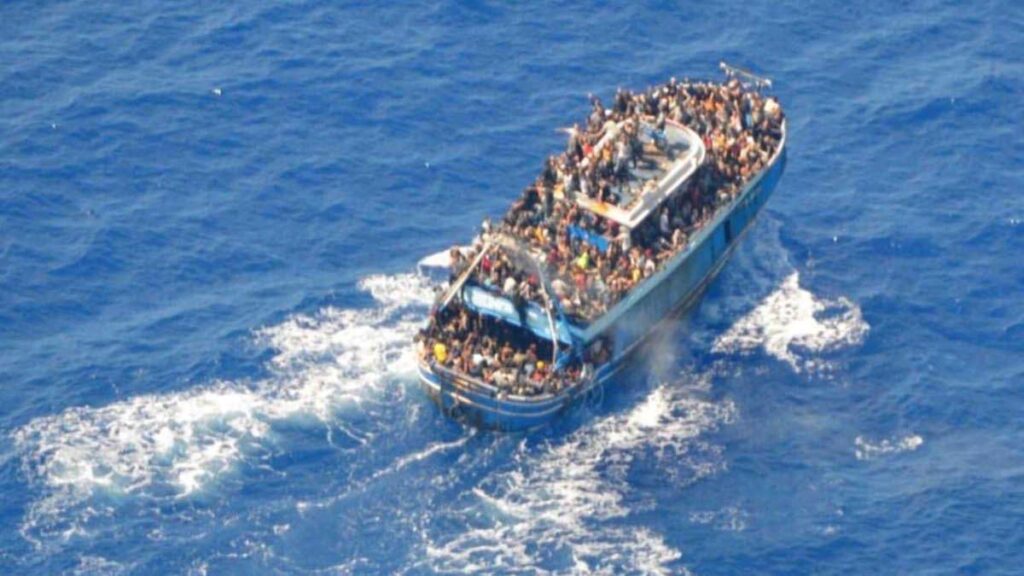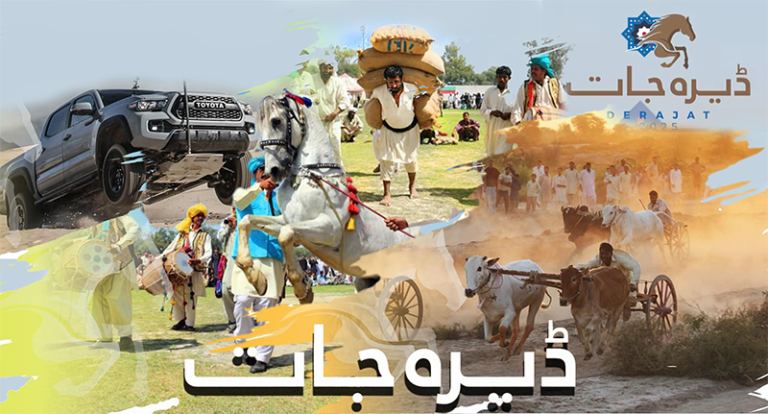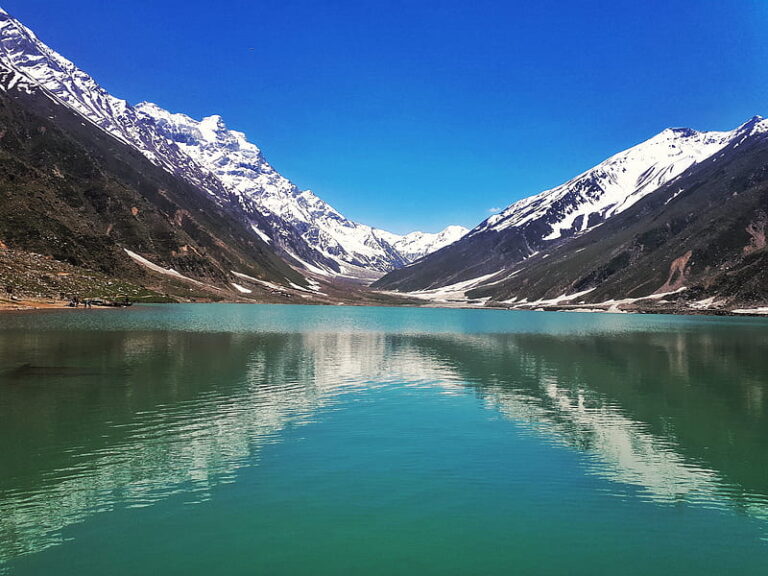
Human-Trafficking-Masses
By Fakhar e Alam

PESHAWAR: Socioeconomic challenges, including unemployment and the desire to quickly accumulate wealth, are among the primary causes of the spread of the nefarious business of human trafficking.
A significant portion of its victims comprises youth from underdeveloped and developing countries, including Pakistan. These individuals are often transported via illegal and unsafe routes, lured by the hope of a better life.
Human traffickers exploit the desperation of unemployed youth, extorting millions of rupees by promising overseas jobs. Tragically, these victims frequently face fatal accidents, such as the capsizing of boats at sea—like the unfortunate Greece boat incident—or are arrested for illegal entry upon arrival in foreign countries, where they may languish in jails for years.
Data reveals that approximately 4.5 million workers are trapped in bonded labor across Pakistan. As socioeconomic conditions worsen, traffickers exploit the vulnerability of marginalized communities, subjecting them to severe abuse. Women and children trafficked abroad are often forced into labor in brick kilns, agriculture, begging, coal mining, and carpet industries.
“The economic circumstances, including poverty and unemployment, are major contributors to human trafficking. Vulnerable individuals are repeatedly exposed to tragic incidents, such as the Greece boat capsizing,” said Syed Akhtar Ali Shah, former IGP KP and Home Secretary, while speaking to this news agency.
He described human trafficking as one of the most heinous crimes, particularly when it involves women, children, and unemployed youth. He added that traffickers exploit an estimated 25 million people annually, generating $150 billion in profits—a figure that continues to grow due to legal loopholes.
Shah lamented the lack of action by past governments despite repeated incidents, including the loss of lives of those traveling via unsafe routes to countries like Italy and Greece. He expressed hope that the federal government’s serious response to the Greece boat tragedy would yield significant outcomes.
While anti-human trafficking laws exist, Shah stressed the need for their strict enforcement in the wake of the Greece tragedy. He also emphasized the importance of expediting the prosecution of traffickers and strengthening collaboration with international technical institutions.
Awareness campaigns, he said, are critical to educating the public about the risks of illegal migration and the purely loss-making nature of such ventures. Shah suggested focusing on hotspot areas identified by FIA and preventing smugglers and traffickers from extorting money from innocent people.
Ikhtiar Wali Khan, PML-N KP spokesperson and former provincial assembly member, highlighted that Prime Minister Muhammad Shehbaz Sharif had issued strict directives against human traffickers and officials facilitating illegal immigration following the Greece incident. He said a zero-tolerance policy has been adopted, with properties and assets of traffickers to be confiscated, ensuring accountability.
Khan also praised FIA’s campaign against officials complicit in trafficking and emphasized the need to promote legal avenues for foreign employment.
Muhammad Ibrahim, former Director of Education, noted that no country aiming for economic development can afford brain drain. He stressed the need for quality professionals like doctors, engineers, IT experts, and technical workers in Pakistan. Ibrahim lauded initiatives like the Prime Minister Youth Program and NAVTTC for engaging youth in productive activities.
He also recommended vocational education and curriculum reform to align with industry demands, combating the scourge of human trafficking. Experts have called for strict implementation of punitive measures against traffickers and the rigorous enforcement of existing laws. They urged the creation of local employment opportunities, particularly in construction and agriculture, to prevent the exploitation of vulnerable individuals seeking overseas jobs.
They emphasized the need for robust legislation and indiscriminate crackdowns, particularly by FIA, to bring all culprits involved in human trafficking to justice and protect the future of those choosing lawful paths.




